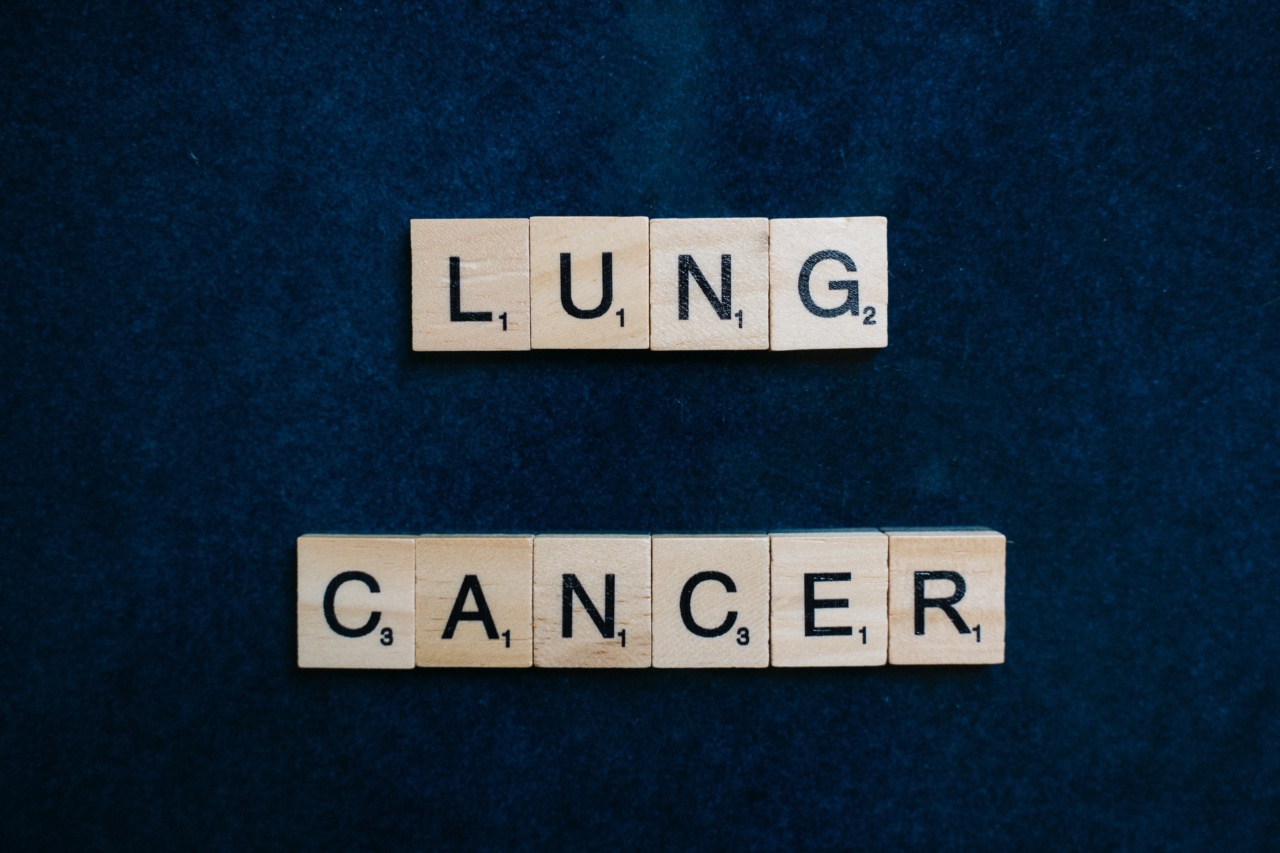Sleep is an essential process that is fundamental for the normal functioning of the human body. The quality and duration of sleep have a significant impact on various physiological processes that are critical for maintaining health.
Lack of sleep can negatively affect the immune system, cardiovascular system, metabolic processes, and cognitive functions. Sleep also plays an important role in preventing the development of various diseases, including cancer.
What is Lung Cancer?
Lung cancer is a type of cancer that starts in the lungs. It is the leading cause of cancer-related deaths worldwide, causing more deaths than breast, colon, and prostate cancers combined.
Lung cancer occurs when abnormal cells in the lungs begin to divide and grow uncontrollably. As the cancer cells grow, they can form tumors that can invade nearby tissues and spread to other parts of the body through the bloodstream or lymphatic system.
Sleep Duration and Cancer Risk
Research has shown that sleep duration can affect cancer risk, with both short and long sleep durations being associated with an increased risk of cancer.
According to a study published in the Journal of Clinical Sleep Medicine, individuals who slept less than six hours per night had a significantly higher risk of developing cancer than those who slept seven to eight hours per night. The study found that short sleep duration was associated with an increased risk of breast, colon, lung, and prostate cancers, as well as other cancers.
The study also found that individuals who slept more than nine hours per night had a slightly increased risk of cancer compared to those who slept seven to eight hours per night.
The reason for this is not entirely clear, but it may be due to an association between long sleep duration and other risk factors for cancer, such as obesity, physical inactivity, and poor diet.
The Link between Sleep Duration and Lung Cancer
Several studies have investigated the link between sleep duration and the risk of lung cancer.
One study published in the American Journal of Epidemiology found that individuals who slept less than six hours per night had a significantly higher risk of lung cancer than those who slept seven to eight hours per night. The study included over 1,000 incident lung cancer cases and more than 1,000 controls and adjusted for various confounding factors.
Another study published in the journal Sleep Medicine found that sleep duration was inversely associated with the risk of lung cancer.
The study included over 100,000 participants and found that short sleep duration was associated with an increased risk of lung cancer. The study also found that the risk of lung cancer decreased with increasing sleep duration, with the lowest risk observed in individuals who slept more than nine hours per night.
The exact mechanisms underlying the link between sleep duration and lung cancer are not entirely clear. However, it is thought that sleep plays a critical role in regulating the body’s immune system and repairing DNA damage.
Lack of sleep may impair these processes and make individuals more susceptible to cancer.
The Importance of Quality Sleep
In addition to sleep duration, the quality of sleep is also critical for maintaining health. Poor sleep quality, such as insomnia or sleep apnea, can have negative effects on the immune system, cardiovascular system, and cognitive functions.
Sleep apnea, in particular, has been linked to an increased risk of cancer, including lung cancer.
Getting restful and restorative sleep is essential for protecting the body against cancer and other diseases.
Therefore, individuals should aim to get at least seven to eight hours of high-quality sleep per night and address any sleep disorders they may have through lifestyle changes or medical interventions.
Conclusion
Sleep is a vital process that is critical for maintaining health. Lack of sleep or poor-quality sleep can have negative impacts on various physiological processes, including the immune system and DNA repair pathways.
Several studies have investigated the link between sleep duration and the risk of lung cancer, with short sleep duration being associated with an increased risk of lung cancer. Therefore, getting enough high-quality sleep is essential for preventing the development of lung cancer and other diseases.































